Ahead of his concert in Amman in August, Jordan News sat down with Syrian Artist
Moudy Al Arabe to gain an in-depth understanding of the 4th most streamed artist
in the Levant, according to Anghami.
اضافة اعلان
Al Arabe, also known as Mohamed Albouchi, started his
musical journey in 2011, with his first release of Diy3t Hayti (I lost my life). Since then, he has built up a loyal fanbase with consistent releases discussing
politics, social pressures and issues faced by the average Arab on the street.
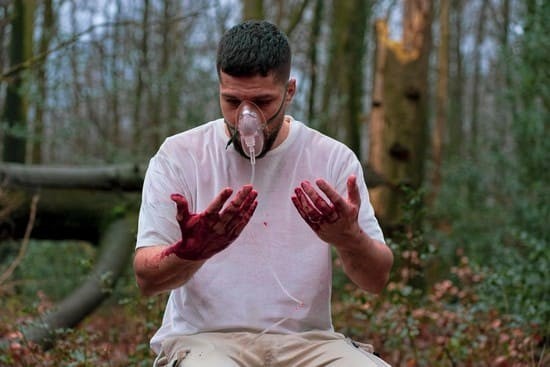
“I did not actually choose the name [Moudy],” Al Arabe told Jordan News about the origin of his
name. “My grandmother chose it to differentiate between me and my cousin
Mohamad, and it stuck.”
My mood is Arab
“As an artist, Moudy came to mean ‘my mood’, and Al Arabe - the Arab. My mood is Arab. My name impacts my listeners too: whenever anyone
listens to or talks about me, they are describing me as their mood.”
Despite the role his family played in creating his identity,
they were initially against Albouchi becoming a rapper. He attributes this to
social pressures and expectations that come with growing up Arab.

“My mum is like any mother - she wants to see her son as a
doctor or an engineer. I started studying a degree in filmmaking in Marrakech,
but I didn’t even last two months. After telling my family that I was going
into music, it caused a lot of problems.”
His biggest
supporters? His family
However, Al Arabe attributes his success to his family, who
became his biggest supporters after the success of Ashta2et Lash-Sham (I’ve Missed Syria) in 2013.
“The song touched a lot of people. I’d usually get about
2000 views on my songs, but I woke up to millions after it was released. I told
my dad my song would be on the radio. He agreed to listen to it, but without me
knowing, he actively supported me. His friend told me that he’d constantly turn
the radio on and say “Let’s listen to my son’s song.” That’s how I knew my
family was finally okay with me rapping.”
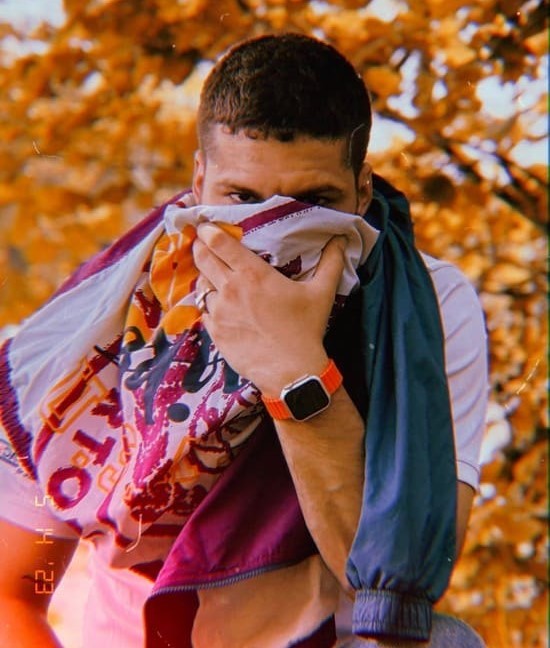 A letter to Syria
A letter to Syria
Ashta2et Lash-Sham was released as a letter to Syria, which he left aged 12. He moved to Morocco,
where his father lives and works, and began his musical journey with his first
exposure to rap. He credits Moroccan rap as his earliest influence, although
Eminem and Tupac share the title of the most influential artists.
“I tend to listen to Moroccan rap the most, but from Tunisia
I love Samara, and from Jordan: Salameh, Big Sam, everyone.”
“There is a specific person that I want to be. When I was
20, I wanted to have achieved certain things by 30, and I have done that.
That’s how I keep moving forward.”
Inspiration from his
environment
However, when it comes to his music, Al Arabe draws
inspiration from his environment: politics, the documentaries he watches, other
peoples’ stories, and the problems that he faces.

“I follow what is happening in Syria to make sure that my
listeners can relate to me. I spend 2 hours every day reading the news, but not
from the TV - I read what people are posting about, what new phrases they are
saying, what is on their minds. I am one of them, and in the end, I’m going to
return to them.”
The physical journey
from Germany to Syria
Another major influence on Al Arabe is his physical journey
to Germany from Syria. Outside of the war in Syria that ravaged the country for
over a decade, the artist’s main motivation for leaving was his own
self-development.
“I remember standing somewhere and looking out onto the
entire Levant. At the time, I thought ‘If I stay here, will I be able to
achieve the plans that I have in my head? Can I do what I want to do in Syria?’
The answer was no.”
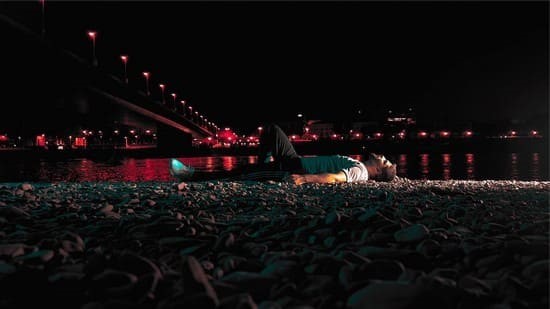
And so Al Arabe made the decision to make the most perilous
journey of his life. Beginning in Lebanon, the artist crossed over into Turkey,
from where a people smuggler was to get him to mainland Europe.
But the boat was stopped by the Greek authorities, forcing
its passengers into the waters. They were then taken to a Greek island, where
Al Arabe spent 3 days before being transported to Athens. He then fled through
Europe to reach safety in Germany. Al Arabe states that the journey impacted
him positively and negatively, both due to the fear he felt while attempting to
get to Germany but also because of the people who helped him on his way.
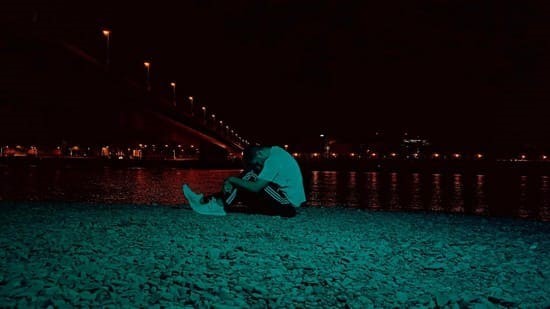
“I was in a group of 7, and at one stage we had to go
through Hungary, where if the police saw us, they would arrest us. We were
walking when the police came and everyone ran in different directions, so I
ended up alone, without internet, money or possessions.
“I walked until I found someone who helped me get to the
capital. There, I saw a group of Syrian guys by chance. One of them noticed who
I am, and they got super excited. I told them that I’d come with my friends and
we got split up, so they took me in. They sorted out everything for me from
Hungary all the way to Germany.”
A journey that lead
him wary
This journey changed Al Arabe both as a person and as an
artist. While his dream, goal, passion, and principles remained the same,
whereas before he felt safe in his environment, he is now more wary. At the
same time, where he was limited, Al Arabe now feels like he has more freedom to
create.
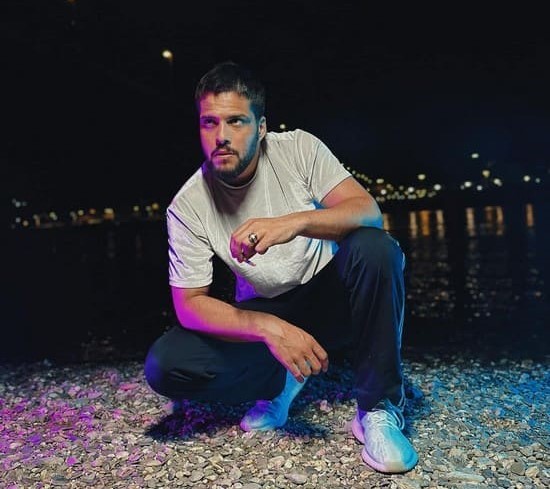
“When someone goes to Europe, their dreams or ambitions have
no ceiling, unlike our countries. As an artist, someone who writes and composes
everything himself, I don’t like being restricted - on the contrary, I love the
freedom I have, and what makes me love Europe is the freedom it gave me.”
A hope to return to
the homeland
Despite this, Al Arabe wants to return to his homeland. In
Germany, his life and thought process is very different to that of Mohamad
Albouchi in Syria. The worries about basic necessities that Albouchi had, Al
Arabe no longer faces. However, returning to Syria is a journey the artist
cannot yet take.
“The war with weapons is over, but the mental war is not.
The economic war is not over. The educational, pedagogical, intellectual war is
not over. The cultural war that has affected most of the generation needs 50-60
years to finish. There is an entire generation that has been lost because of
this war and the monsters who exploited it. There hasn’t been a political
solution, so which war finished?

“So hopefully I’ll stay in Germany for a couple of years,
and then settle either in Jordan, Egypt, or Morocco.”
A journey to JordanThis decision to come to Jordan is both a personal and
artistically strategic one for the artist. Jordan hosts Al Arabe’s
second-largest listener base, according to Anghami.
The Jordanian music scene is rapidly growing on both the
regional and global stage, and Al Arabe’s show in August, organized by Mazekni
Entertainment, is one that he is very much looking forward to.
“The Jordanian scene is on fire. The quality of content and
production is improving, I see the concerts that happen in Jordan and the
atmosphere that the audience creates, so any artist would be excited to perform
there. Jordanians know how to listen to and differentiate between good and bad
music. The Jordanian scene is special, so only the best songs are coming out.”
A proximity to home
Additionally, the Kingdom’s proximity to the artist’s home
country and therefore the linguistic and cultural similarities are attractive.
“I consider the Levant one - for me, there is no Syria,
Jordan, Palestine, and Lebanon. So it is my right to see Amman. It’s my dream
to see Jerusalem. We’re all one, so I don’t believe in discrimination, nor do I
like this ‘racism’ that “I’m Syrian, you’re Jordanian, they’re Lebanese.” We
all think alike, we’re from the same environment.”
As for Al Arabe’s future plans, the artist remained tight
lipped.
“A person can succeed in anything for two reasons alone -
persistence and patience. Patience is the most important thing of all.”
Anything you want to succeed correctly needs patience.”
Read more Music
Jordan News



